Traveling to Japan is the top choice of many Vietnamese tourists thanks to its peaceful scenery, unique culture and top-notch service quality. However, many people have accidentally violated taboos in Japan because they do not really understand the rules of conduct that are very important in life here. Below are common mistakes and how to avoid them so that you can travel to Japan in the most delicate and appropriate way.
1. Do not talk on the phone or make noise on public transport
The Japanese place great importance on quiet in public places. Talking loudly, talking on the phone or laughing loudly on trains and buses are all considered rude. (Photo: Collected)
One of the taboos in Japan that Vietnamese people often commit is talking loudly or using the phone on public transport such as trains, buses or bullet trains. For Japanese people, public spaces are places that require absolute quiet so that people can rest or concentrate on work. Any loud noise, whether it is a personal call or laughter, is considered uncivilized.
In Japanese culture , keeping silent is not only a sign of respect for others but also a common norm taught from a young age. You will easily come across the image of a crowded train but almost no conversation. Even a phone ringing is considered inappropriate. And most Japanese people keep their phones on vibrate mode when traveling by public transport.
So if you want to make a call or chat, wait until you get off the train or find a suitable private space. This is a simple but very important rule to avoid being judged as a “disrespectful tourist”.
2. Eating and drinking etiquette – Absolutely do not “stick chopsticks” and do not pour yourself a drink
The correct way to place chopsticks during a Japanese meal helps you avoid losing points due to carelessness. (Photo: Collected)
Japanese cuisine is famous not only for its exquisite flavors but also for its strict dining rules that are deeply rooted in its cultural identity. For Vietnamese people, seemingly harmless eating habits can become taboo in Japan, even considered disrespectful.
The most common and serious mistake is to stick chopsticks upright in a bowl of rice. This is a common image in Japanese rituals for the deceased. This action has a mourning meaning and is completely inappropriate for a normal meal. To avoid misunderstandings or offense, you should always place chopsticks horizontally on a chopstick rest or next to the bowl when not in use.
In addition, in Japanese culture, pouring your own drink is considered a lack of connection in table communication. Japanese people often have the habit of pouring wine or water for the person opposite first, then being invited back. This is not only polite but also shows care and respect during a shared meal. If you sit with Japanese people and pour yourself a drink first, they may feel that you are "cutting off" the social connection.
Another thing to remember is not to use chopsticks to pass food directly from one person to another. This is reminiscent of funerals where the ashes of the deceased are passed with chopsticks. To share food, use separate chopsticks provided on the table.
Mastering the small rules of dining is the way for you to integrate into civilization and make a good impression on the locals when exploring Japanese cuisine .
3. The most common taboos for Vietnamese tourists when going to onsen
Bathing in an onsen requires complete nudity, showering before getting into the tub, not bringing towels into the water, and avoiding exposing tattoos in prohibited areas. (Photo: Collected)
Bathing in an onsen (hot spring) is one of the Japanese cultural experiences that is loved by international tourists. However, this is also a place where foreigners, especially Vietnamese tourists, can easily accidentally violate the principles of conduct that are considered by the Japanese as unwritten rules.
The first thing to remember when going to an onsen is to never wear a swimsuit. For the Japanese, being completely naked when bathing in an onsen is a long-standing tradition and is considered a symbol of equality, regardless of social status. Wearing a swimsuit is not only considered ignorant but can also cause you to be refused service right at the entrance.
According to custom, bathers must wash their hair and body before entering the hot spring or hot tub. Therefore, before entering the communal bath, you must take a shower. This is a basic rule of conduct when going to an onsen, to ensure that bacteria and dirt are not brought into the hot water that everyone uses. Skipping this step not only makes you unhygienic but also shows disrespect to those around you.
Another common mistake is taking your towel into the bath. Japanese people often use a small towel to cover themselves or wipe away sweat while sitting outside, but this towel should never touch the water. You can fold it and place it on your head or on the edge of the bath. The larger towel is for drying off after you leave the communal bathing area.
Additionally, some onsens have very strict rules about tattoos – many do not allow people with tattoos to bathe together, due to the yakuza (Japanese mafia) stereotype. If you have tattoos, check with your destination or choose an onsen that is international-friendly and not too strict about it.
Understanding and complying with the rules of conduct when going to an onsen not only helps you have a comfortable and complete experience but also shows deep respect for Japanese culture, an element that is always highly appreciated in this country.
4. Do not litter or eat or drink on the street.
Respecting public space is a living standard of the Japanese. (Photo: BBC)
If you have ever wondered why Japanese streets are always clean despite the scarcity of public trash cans, the answer lies in the extremely high sense of community awareness. In Japanese culture, public spaces are not only a place for common activities but also a manifestation of mutual respect, something that has been ingrained in the lifestyle of the people here since childhood.
A seemingly small act like eating while walking is considered impolite in many areas. For Japanese people, eating while moving can easily cause spillage, create odors, or cause discomfort to those around them. They always choose to stand still or go to a fixed eating area before eating, even if it is just an ice cream or a cake.
In addition, littering is extremely taboo. Most Japanese people take their trash home or put it in their own bags to dispose of properly. Even when attending crowded festivals, you will see Japanese people cleaning up their own area right after the event. This is a habit that reflects personal responsibility for the common living environment.
Vietnamese tourists when coming to Japan are often not used to the lack of trash cans and easily get into the habit of throwing trash "wherever it is convenient". However, just one careless action can affect personal image or cause embarrassment from the locals. Complying with small rules such as not eating or drinking while walking, not littering in public places not only helps you integrate but also contributes to preserving the cultural beauty of your country in the eyes of international friends.
5. Do not hug, pat or shake hands too intimately
Japanese communication is bowing instead of hugging or shaking hands – Distance in communication is something that needs to be understood clearly. (Photo: Collected)
In Western culture, hugging and shaking hands is a way to show friendliness and openness. However, in Japan, this action has a completely different meaning. Japanese culture emphasizes discretion, emotional restraint and keeping a certain distance in daily communication. Vietnamese tourists tend to be close and friendly with gestures such as putting an arm around the shoulder, patting the shoulder, or shaking hands too hard, so it is easy to accidentally make the locals feel uncomfortable.
The Japanese often bow instead of shaking hands or making physical contact. Bowing is not only a normal way of greeting but also an expression of respect, gratitude or apology… depending on the depth and duration of the bow. Therefore, instead of naturally reaching out to shake hands, you should wait for the other person to react. If they do not initiate, do not try to create intimacy through physical contact.
It should also be noted that the Japanese are quite sensitive to “personal distance”. In communication, they usually stand at a certain distance from each other, not standing too close, not staring into the eyes of the person opposite and especially avoiding physical contact unless absolutely necessary. These behaviors are not aloofness, but cultural norms they have been educated from childhood.
To avoid embarrassing the locals, visitors should observe, respect private communication spaces, and avoid using familiar ways of expressing intimacy in Vietnam. The Japanese always appreciate politeness in behavior and is a factor that helps you score points in all situations - whether it is social communication, asking for directions or daily shopping.
6. Some other delicate things to note to avoid misunderstandings
Putting shoes in the right place is a basic rule in every Japanese space. (Photo: Collected)
In addition to the clear rules in communication and public life, Japanese culture also has many small but "implicit" details that are not written into law, but everyone voluntarily follows. This is also the reason why many Vietnamese tourists feel "unintentionally rude" even though they do not intend to.
One of them is counting or checking money too carefully in front of the seller. The Japanese believe that this shows suspicion and lack of trust, so they often pay gently, discreetly and politely. You should prepare the change in advance, give it with both hands and say thank you instead of counting carefully.
When visiting homes or entering areas such as temples, shrines, or ryokan (traditional inns), you must remove your shoes. It is considered disrespectful and unclean to wear shoes in a home. In many places, there is even a distinction between bathroom shoes and indoor shoes. If used incorrectly, it is considered extremely impolite.
Also, avoid staring at other people, especially women or older people. In Japanese culture, too direct a gaze can make others feel scrutinized and unsafe. Eye contact is usually brief, enough to show attention while maintaining a reasonable distance.
Many Vietnamese tourists think that these rules are a bit “difficult”, but in fact, this is the typical beauty of a society that is respectful, discreet and always thinks of others. When you understand this, you will see that “when in Rome, do as the Romans do” is not difficult, but is also a way to enrich your own experience.
Japan is a wonderful country to visit, but it also has many rules and unique habits that need to be respected. Knowing the taboos in Japan, from how to behave when going to onsen, eating and drinking, to public behavior, will not only help you avoid trouble but also make the locals feel that you are a refined and valued guest.
Japanese culture is not only about ancient temples and shrines or tea ceremonies, but also hidden in the smallest things, from the way you greet, the way you put down your chopsticks, or the way you enter a common space. Each proper action is a step closer to the heart of the land of cherry blossoms.
So, before you set off, take some time to learn and adapt your habits accordingly. Traveling is not only about exploring the world, but also about cultivating cultural sensitivity and respect for differences.
Source: https://www.vietravel.com/vn/am-thuc-kham-pha/nhung-dieu-cam-ky-khi-du-lich-nhat-ban-ma-nguoi-viet-thuong-mac-phai-v17685.aspx



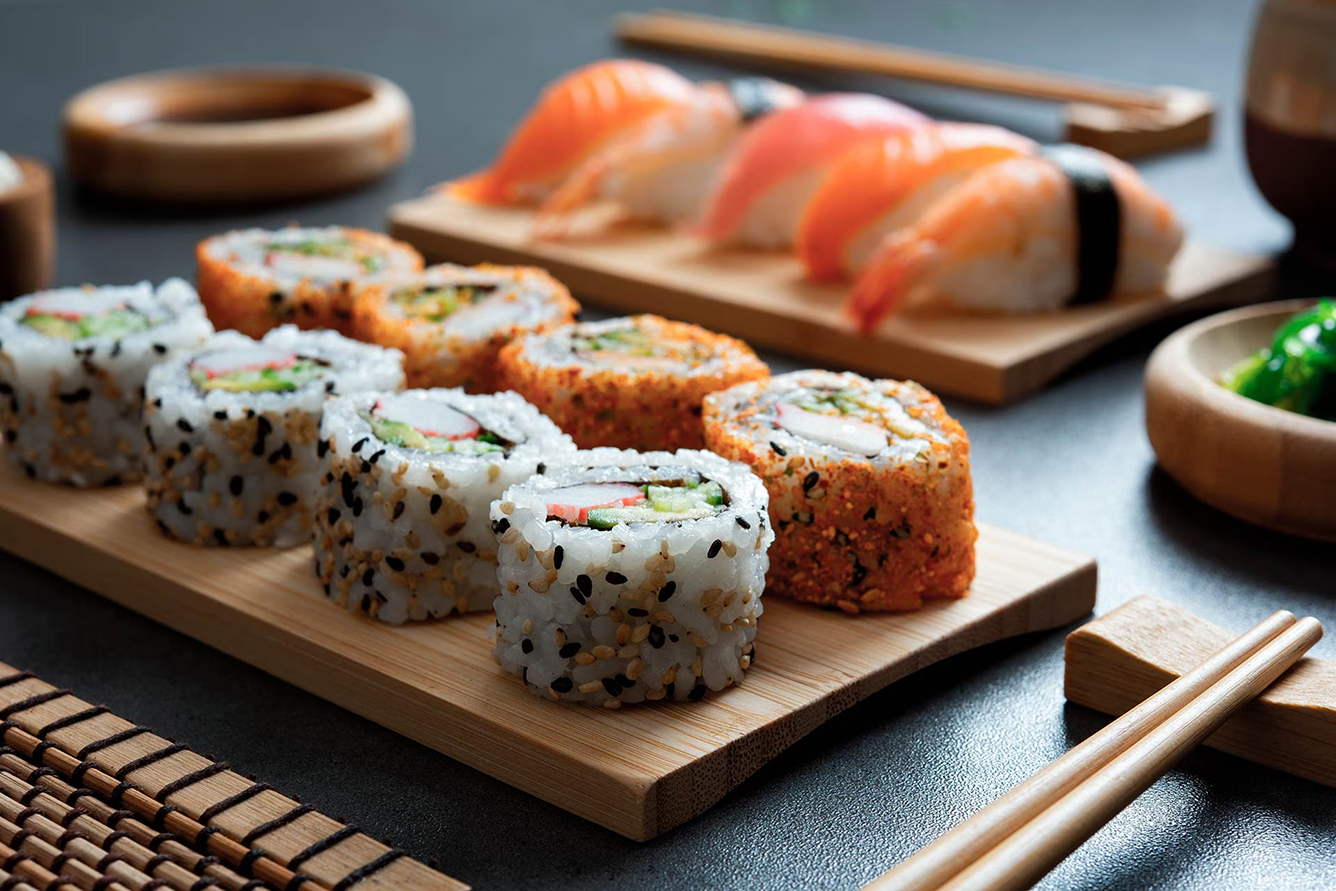
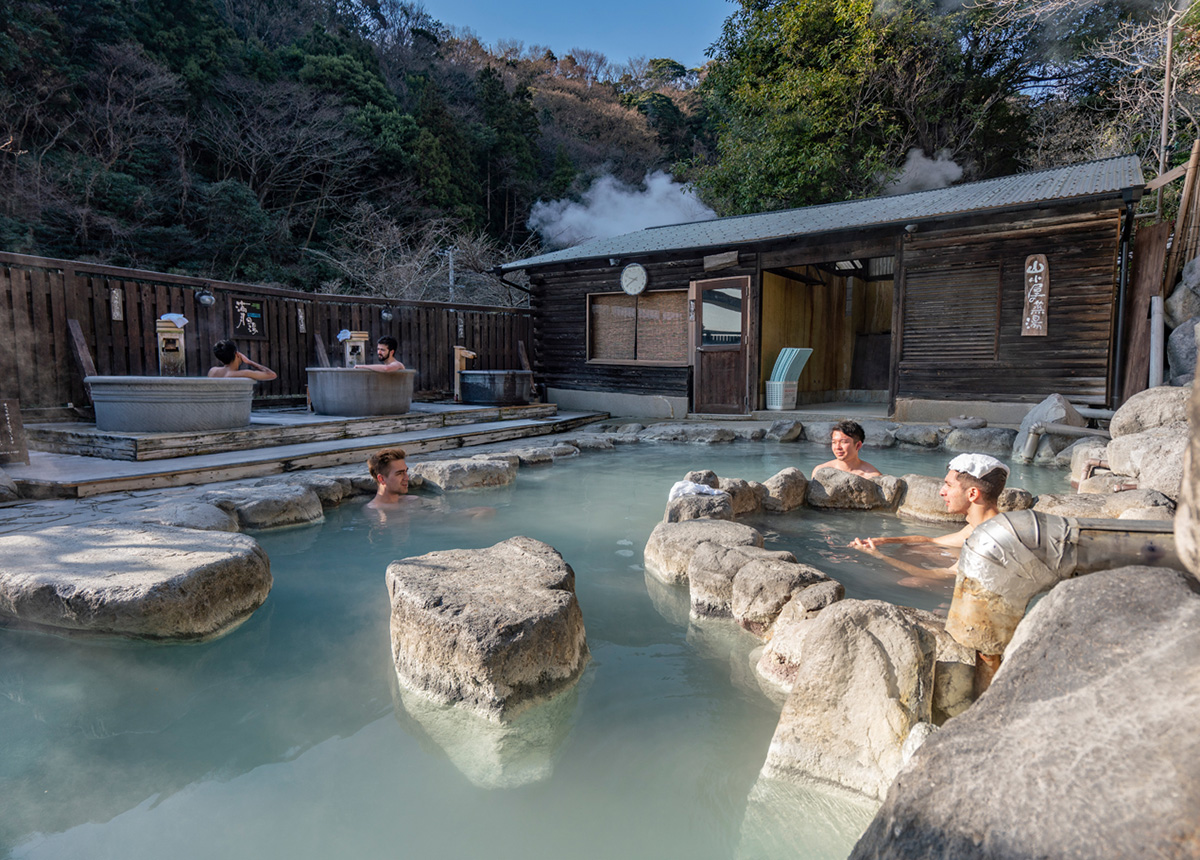
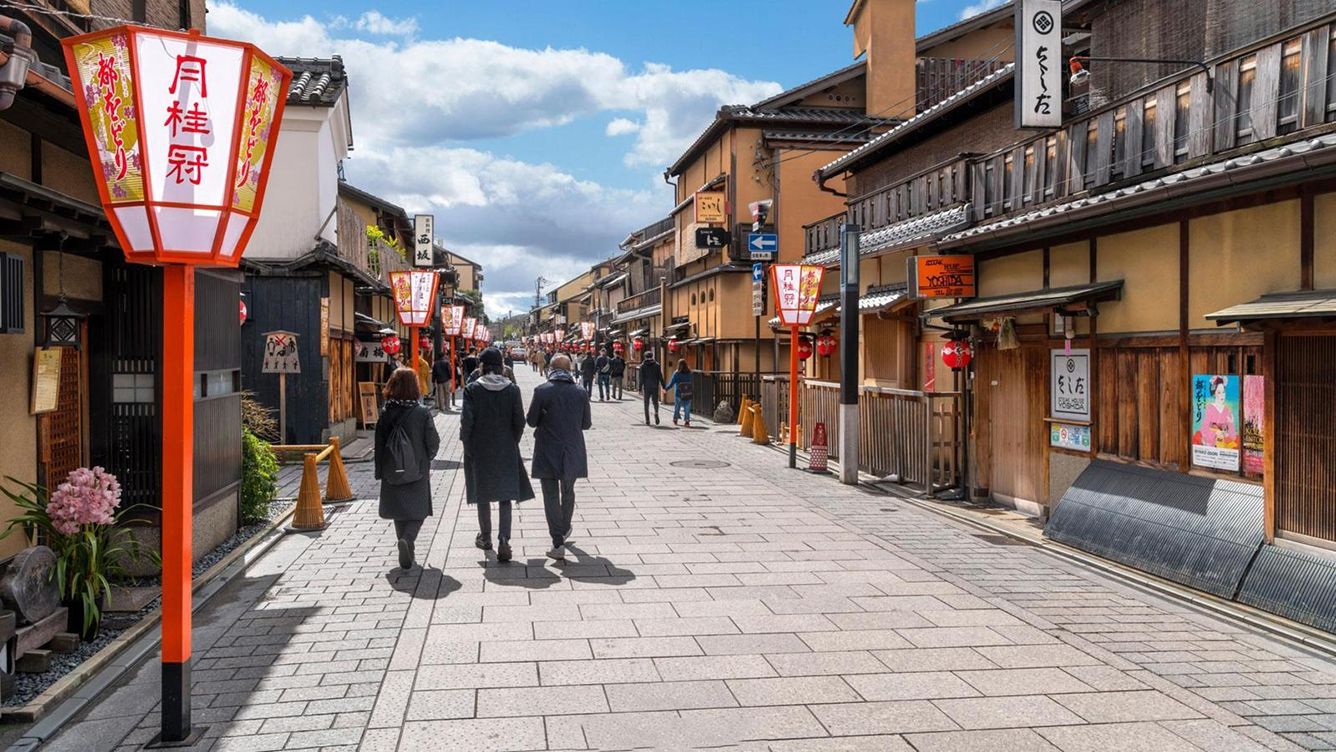
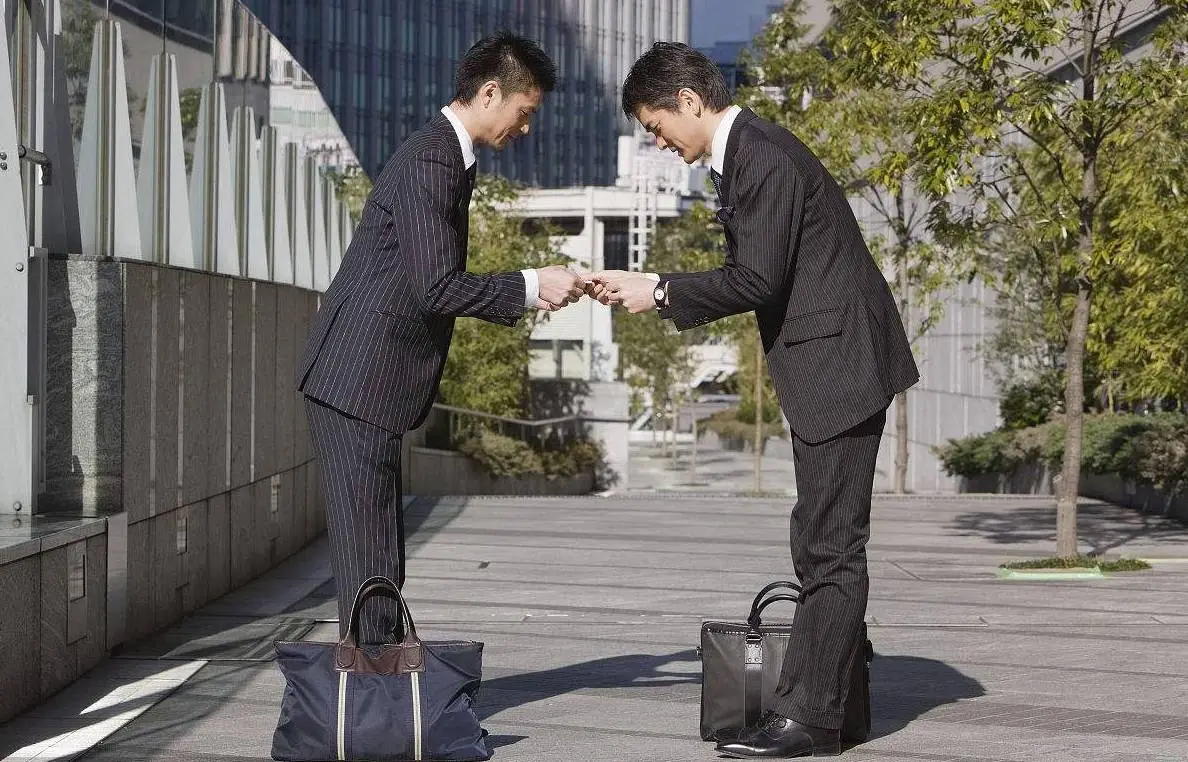
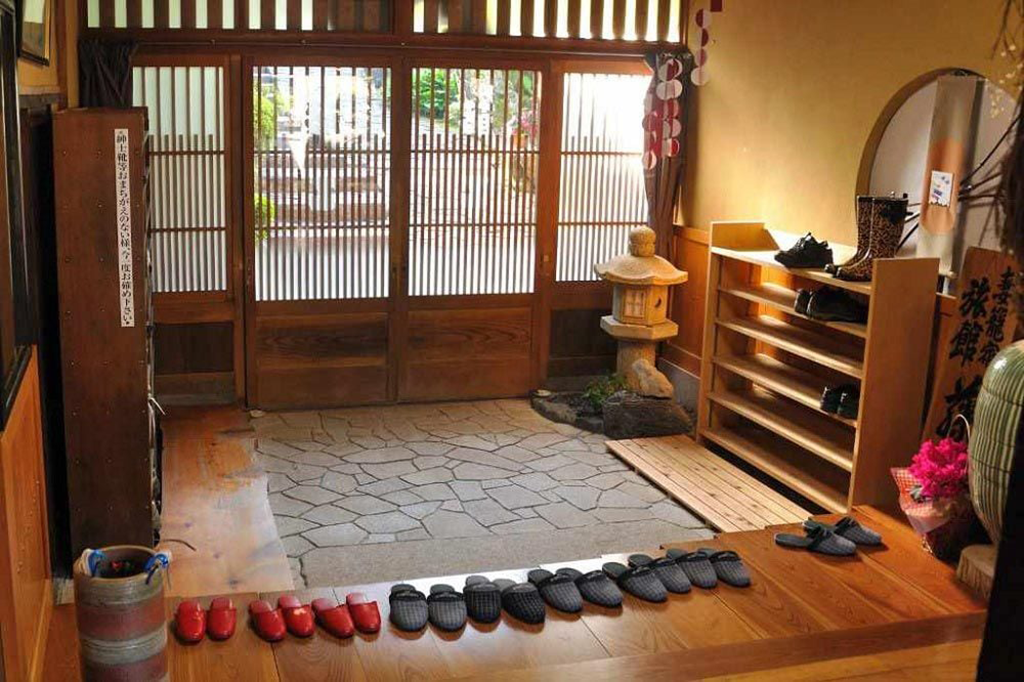


![[Photo] Prime Minister Pham Minh Chinh launched a peak emulation campaign to achieve achievements in celebration of the 14th National Party Congress](https://vphoto.vietnam.vn/thumb/1200x675/vietnam/resource/IMAGE/2025/10/5/8869ec5cdbc740f58fbf2ae73f065076)



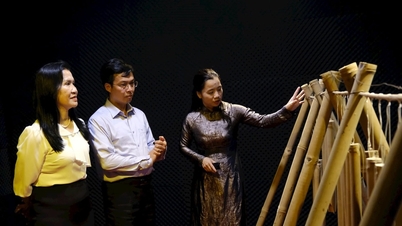












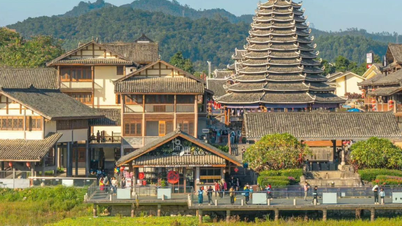







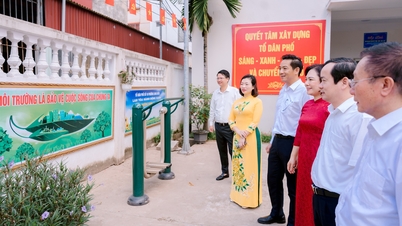
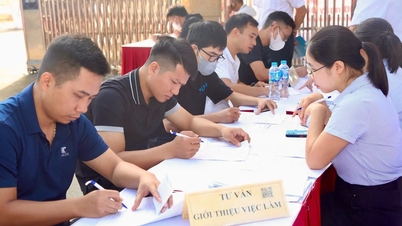

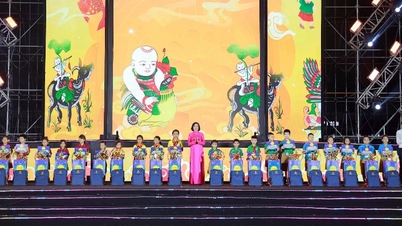


![[Photo] Bustling Mid-Autumn Festival at the Museum of Ethnology](https://vphoto.vietnam.vn/thumb/1200x675/vietnam/resource/IMAGE/2025/10/4/da8d5927734d4ca58e3eced14bc435a3)
























![[VIDEO] Summary of Petrovietnam's 50th Anniversary Ceremony](https://vphoto.vietnam.vn/thumb/402x226/vietnam/resource/IMAGE/2025/10/4/abe133bdb8114793a16d4fe3e5bd0f12)

![[VIDEO] GENERAL SECRETARY TO LAM AWARDS PETROVIETNAM 8 GOLDEN WORDS: "PIONEER - EXCELLENT - SUSTAINABLE - GLOBAL"](https://vphoto.vietnam.vn/thumb/402x226/vietnam/resource/IMAGE/2025/7/23/c2fdb48863e846cfa9fb8e6ea9cf44e7)














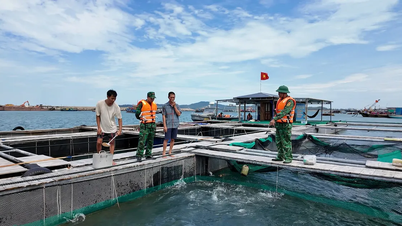


















Comment (0)